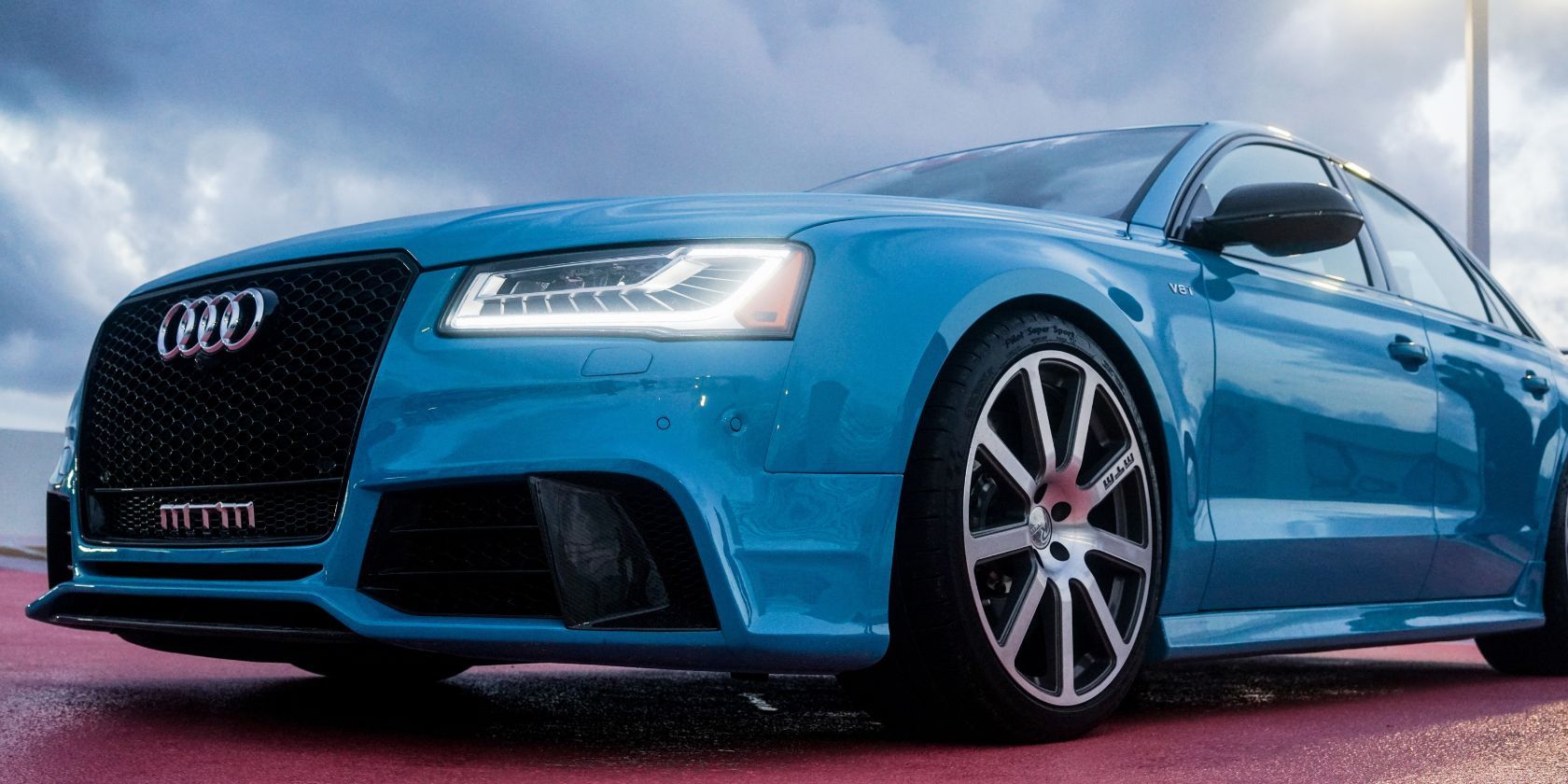They have already. They are working their way successfully as hybrids and EVs
And they will remain a niche until we can solve several glaring problems:
1. Charging infrastructure. We simply can't supply enough reliable electricity to charge hundreds of millions of EV's, and will require trillions of dollars and many new nuclear reactors to upgrade the power grid.
2. Speed of charging. Until we can maybe swap battery packs at a station in a few minutes, EV's being used for more than local commuting with an opportunity for hours of downtime to recharge will be a big problem.
3. Pollution caused by battery manufacture and disposal. Right now, manufacturing the batteries spews many tons of CO2 into the air and leaves toxic chemicals not only in the air, but in the ground and water. This is something you steadfastly refuse to acknowledge, and in fact, pretend doesn't exist.
4. Battery longevity. Right now, there really isn't a secondary market for EV's, because after about 5 years, you have to replace the battery pack, adding tens of thousands of dollars to the cost of the car, rendering it unsellable.
At some point, as the power grid is upgraded, cities may very well ban ICE's within city limits. That could make sense as a first step, but even that will remain out of reach until we can resolve these other issues. EVs will have a place in tomorrow's market, but pretending what we have now is going to solve global warming and pollution is a pipe dream.
